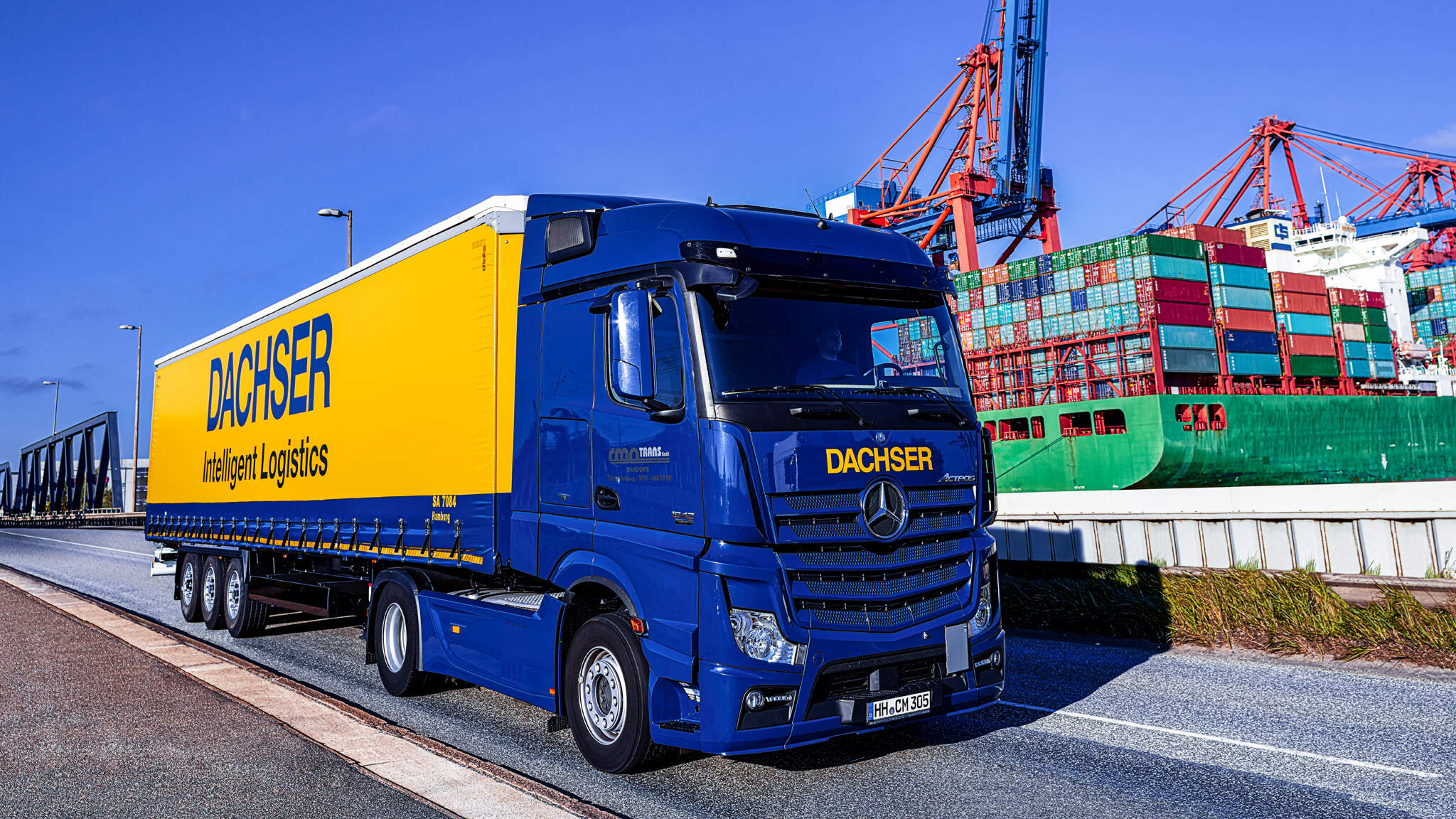DACHSER obtains TISAX® information security label
The logistics provider meets the automotive industry’s stringent IT security requirements
Following intensive preparation, DACHSER has obtained TISAX® Level 2 certification. This internationally recognized standard for information security and data protection in the automotive industry is becoming increasingly important in protecting automotive supply chains against cyberattacks. TISAX stands for Trusted Information Security Assessment Exchange.

DACHSER has held ISO 27001 certification for more than a decade and has repeatedly demonstrated conformity with Section 8a of Germany’s Federal Office for Information Security Act (BSIG) regarding critical infrastructure as defined by the BSI-KritisV regulation. “Success in the TISAX assessment is yet further confirmation that DACHSER provides a high level of information security,” explains Stefan Hohm, Chief Development Officer at DACHSER, who has direct responsibility for IT security. “Our customers have exacting requirements when it comes to security, reliability, and quality. Information security is therefore an essential component of the services we provide.

Success in the TISAX assessment is yet further confirmation that DACHSER provides a high level of information security.
Stefan Hohm, Chief Development Officer at DACHSERChristian von Rützen, Department Head IT Security at DACHSER, says: “DACHSER regards the security of customer data as a key mark of quality. That’s why we make it a top priority. We collaborated closely with our automotive customers to ensure we met the exacting criteria required to obtain the TISAX label.”
Industry solution for the automotive sector
“The successful TISAX assessment is proof that the exchange of information between our customers and DACHSER’s IT systems meets the automotive industry’s stringent security requirements,” says Stefan Dahnken, Department Head DACHSER Automotive Logistics. “This is an important step in the further digitalization of the information flow along our customers’ supply chains.”